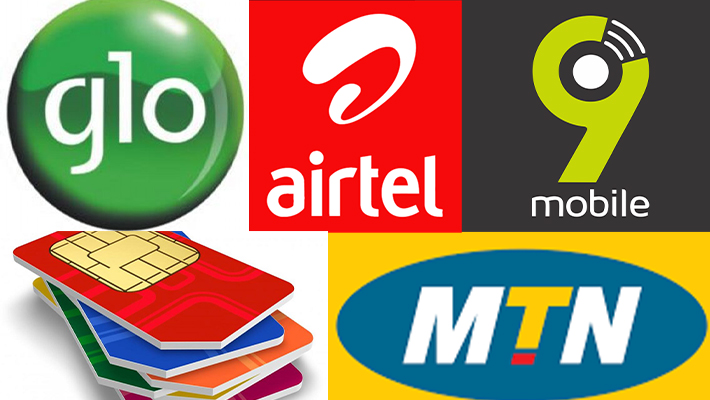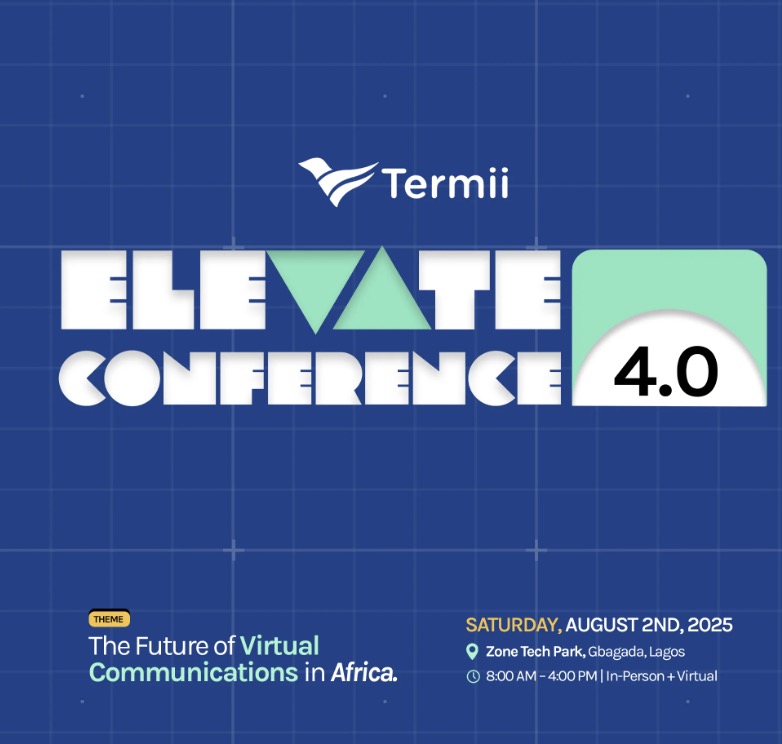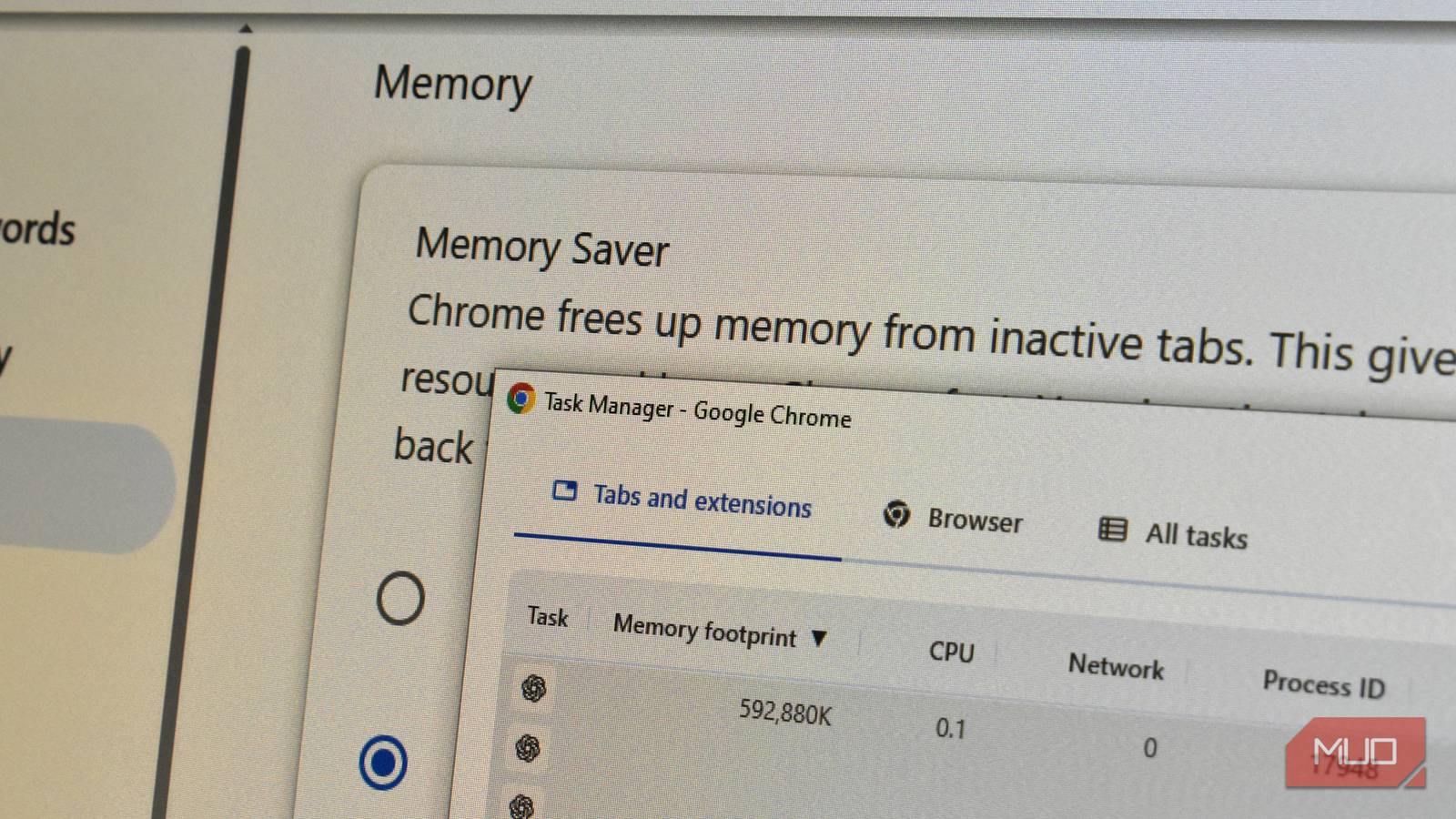Nigeria’s once vibrant telecom sector has hardened into a sluggish duopoly. MTN and Airtel now control nearly 90% of the market. With competition fading, prices rise, service quality falls, and innovation has stalled.
Today, only 48.8% of Nigeria’s 216 million people have broadband access. The drive to connect the rest is moving slowly, mainly because the two dominant players no longer have strong incentives to expand aggressively or improve services.
Wole Adetuyi, CEO of Swift Telephone Network (STN), says plainly, “We need new players, is the truth.” He’s not wrong. Every time a new entrant has arrived, competition has intensified, and consumers have benefited.
Globacom’s launch in 2003 was a major turning point. It introduced per-second billing, an African first, forcing rivals to drop their more expensive per-minute rates. Glo also slashed SIM prices from ₦25,000 to ₦200, opening the market to millions. It brought 2.5G internet via GPRS, leading to services like MMS, BlackBerry, and mobile banking. , it rolled out 3G and 4G and built the Glo 1 submarine cable, which linked West Africa to the global internet.
Next Wave continues after this ad.
Etisalat, now 9mobile, followed in 2008 with bold, customer-centric innovations. It introduced Nigeria’s first real-time self-service portal, “MyEtisalat,” launched its “EasyBlaze” broadband product, and let users pick their numbers with “0809uchoose.” Its “Eco SIM” pushed sustainability and offered affordable tariffs that helped it gain from mobile number portability.
It was a golden era when consumers proudly carried multiple SIMs, switching between networks on Tecno, Infinix, Samsung, and BlackBerry phones to get the best service and rates. While MTN led in size, Globacom and Etisalat were real challengers. The market was dynamic, competition was healthy, and customer satisfaction was at the centre of it all.
But that era has faded, and its place is a stagnant, two-horse race. MTN Nigeria, with 52% share, now dominates the market, with Airtel Nigeria at 34%. Former challengers like Globacom and 9mobile have faded into the background, battered by subscriber losses, operational missteps and a lack of strategic reinvention.
No new mobile operator has entered Nigeria since Etisalat took over a 3G licence in 2008. In contrast, South Africa has welcomed new investment and eight MVNO-backed brands, expanding competition and boosting broadband access to 79%. Morocco, now with 91% internet penetration, attracted players like Etisalat, Orange, and Zain between 2010 and 2014.
Next Wave continues after this ad.
Orange Telecom almost became that new force in Nigeria. In 2017, the French telecom operator tried to acquire a 65% stake in Etisalat during its financial crisis. The deal collapsed. From 2020 to 2022, Orange again explored entry, even sending a delegation to the Nigerian Communications Commission. But in 2023, it officially gave up, citing an uncompetitive landscape. In simple terms, Orange didn’t see a path to rise above third place. MTN’s market dominance, they concluded, was too entrenched.
As of May 2025, MTN Nigeria commands 52% of the mobile market with 90.2 million subscribers, while Airtel holds 34%. Globacom has dropped to 11%, and 9mobile barely registers at 1.5%. This has shrunk competition and enabled a steady decline in service quality. With so few operators left to challenge the status quo, the urgency to innovate or expand coverage has faded.
The dominance of MTN and Airtel has also squeezed out smaller independent ISPs and other potential competitors. Their sheer scale and nationwide reach make it increasingly difficult for rivals to survive. As a result, progress in improving broadband infrastructure has slowed. Nigeria currently ranks seventh in sub-Saharan Africa and 83rd globally for mobile internet speeds in 2025, with year-on-year gains stagnating. While urban centres enjoy relatively reliable connectivity, rural and underserved communities struggle with slow speeds, limited access, and high costs.
Next Wave continues after this ad.
For many users, the decline is personal. In November 2024, after 12 years with my 9mobile line, I finally pulled the SIM out of my phone. It had become useless. WhatsApp was the only thing that still worked. Like over 20 million voice subscribers and 14 million internet users who abandoned 9mobile in recent years, I had no choice. And 9mobile isn’t alone in this downward spiral.
Globacom, once Nigeria’s second-largest operator, saw its market share fall from 26% in early 2024 to just 11%, mainly due to an NCC audit that purged improperly registered and inactive SIMs. But its deeper problems, poor customer service, deteriorating network quality, and underinvestment, had been evident for years. Glo relied on flashy promos while ignoring mounting customer grievances and its aging infrastructure. Etisalat’s earlier exit was a warning sign of what was to come.
Despite clear signals that the market needs a shake-up, reform has been sluggish. Since 2022, the Nigerian Communications Commission has issued over 40 Mobile Virtual Network Operator licences. Yet, only two, Vitel Wireless and Lebara, are actively moving toward commercial launch later this year. The potential for disruption exists, but regulators have been slow, and operators are blocking MVNOs.
Next Wave continues after this ad.
Many MVNOs have been unable to secure favourable wholesale agreements with Mobile Network Operators, who often view them as competitive threats. Negotiations over network usage fees, revenue sharing, and service-level guarantees have become drawn-out and contentious. Without these agreements, MVNOs can’t launch.
While the Commission has created a framework to support MVNO entry, it has struggled with enforcement. It has not consistently held MNOs accountable for ensuring timely and fair access. As a result, many licenced operators remain stuck, unable to deliver the competition the industry badly needs.
The current duopoly leaves consumers with fewer choices, less innovation, and little incentive for incumbents to improve. Whether through MVNOs, new mobile licencees, or strategic partnerships with global players, the time has come to reintroduce competition into the sector. The golden age of Nigerian telecoms may be over, but it doesn’t have to stay that way.
The market seeks a new player bold enough to take on the giants and shake things up again. If no one answers that call soon, consumers will continue paying the price.
Frank Eleanya
Senior Reporter
Thank you for reading this far. Feel free to email frank[at]bigcabal.com, with your thoughts about this edition of NextWave. Or just click reply to share your thoughts and feedback.
We’d love to hear from you
Psst! Down here!
Thanks for reading today’s Next Wave. Please share. Or subscribe if someone shared it to you here for free to get fresh perspectives on the progress of digital innovation in Africa every Sunday.
As always feel free to email a reply or response to this essay. I enjoy reading those emails a lot.
TC Daily newsletter is out daily (Mon – Fri) brief of all the technology and business stories you need to know. Get it in your inbox each weekday at 7 AM (WAT).
Follow on Twitter, Instagram, Facebook, and LinkedIn to stay engaged in our real-time conversations on tech and innovation in Africa.














